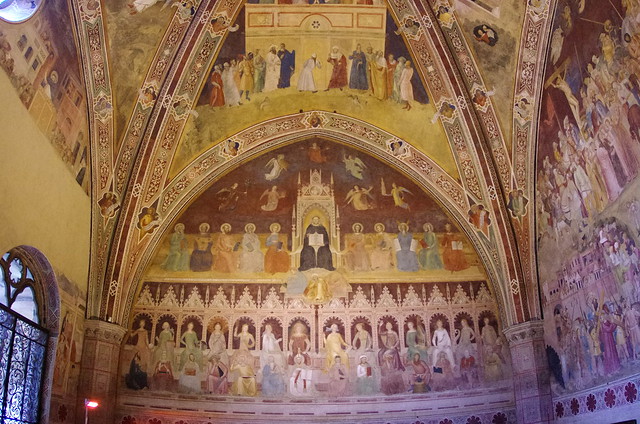Tag: rhetoric
-

Christian Education and the Calling of the Church
Every Christian family has to make the difficult decision at some point where to send their children for school. With the widespread availability of public education over the last hundred years, the conventional option for some time now has been public schooling. Here the cost for admission is free and the overall education they receive…
-
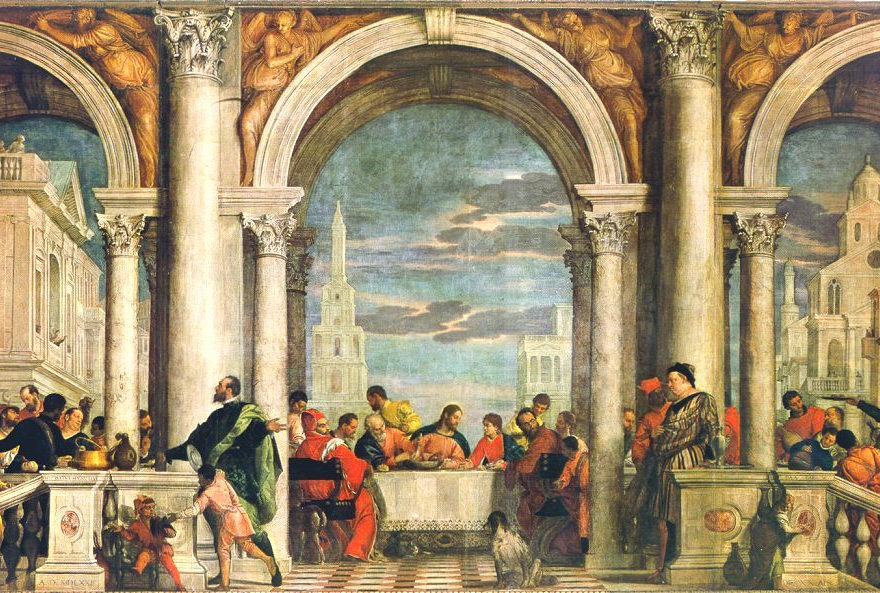
Why the History of Narration Matters, Part 3: Narration’s Rebirth
In my previous two articles I framed my discussion of the history of narration with the controversy between Charlotte Mason and classical Christian education advocates. I suggested that narration’s history may be a fact that puts to rest the false dichotomies of either side. While Charlotte Mason did claim discovery of certain principles related to…
-
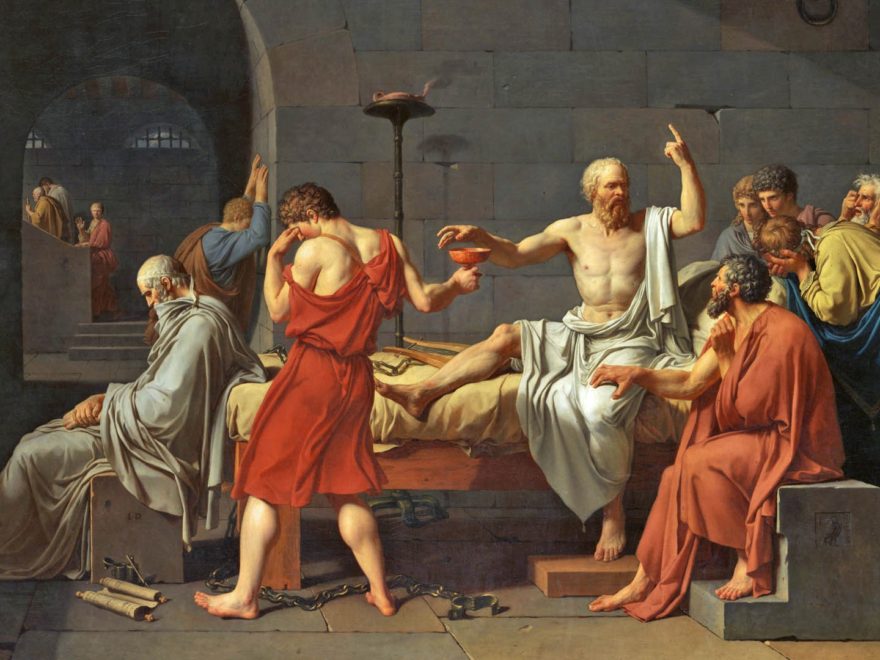
Training the Prophetic Voice, Part 6: Classical Rhetoric for the Modern World
In my last post, I explored the concept of internalization. Students need to internalize the truth in such a way that it impacts their lives personally. Obviously this will look different for each individual, so there is no formula. I like to think of each person as embarking on a journey during which they will…
-
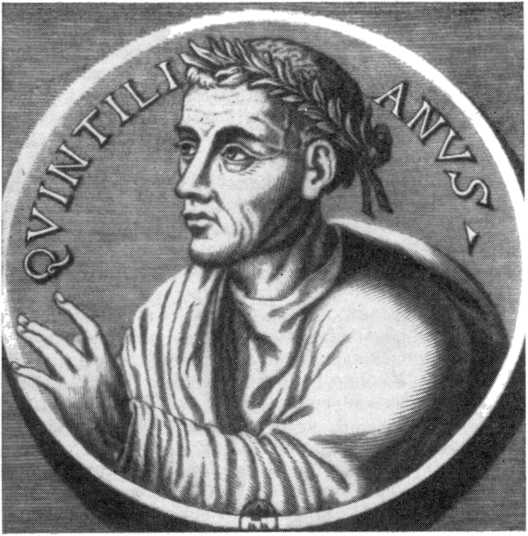
Why the History of Narration Matters, Part 2: Classical Roots
In my last article I shared the first piece of why the history of narration matters: it has the potential to break down the barrier between the Charlotte Mason community and classical educators. There are some notable exceptions who have tried to cross the aisle, but for the most part these two groups have kept…
-
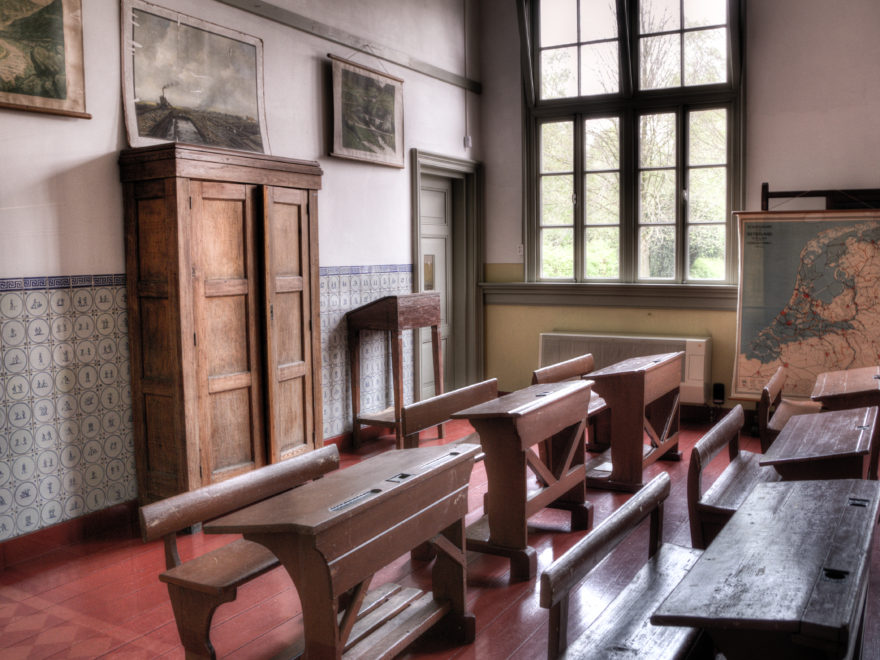
Why The History of Narration Matters, Part 1: Charlotte Mason’s Discovery?
I’ve decided to put the series on Bloom’s Taxonomy vs. Aristotle’s Intellectual Virtues on hold for a couple months after contracting with Classical Academic Press to film two courses in December for ClassicalU: one on narration and another on Charlotte Mason’s philosophy for classical educators. So I’m returning to the topic of narration and Charlotte…
-
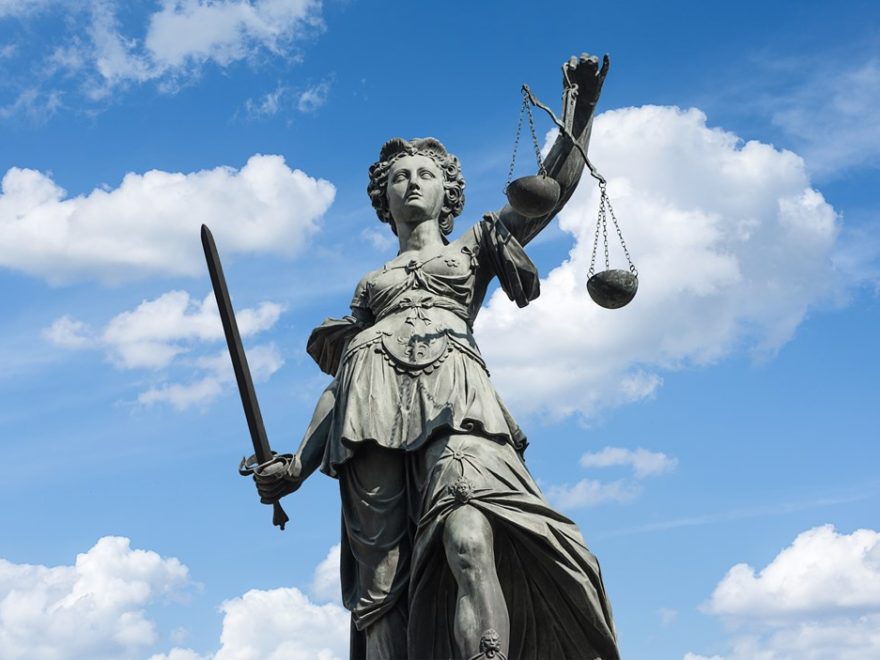
Training the Prophetic Voice, Part 2: Speaking Truth to Power
Among the primary aims of our educational movement is to train our students in the art of rhetoric so that they can contribute meaningfully to the major cultural debates of our society. Enacting real and lasting change occurs as people dare to promote and defend what is true, good and beautiful in a world that…
-

Teaching Confident Faith in an Age of Religious Uncertainty
Christianity, as a global religion, is at a crossroads. On the one hand, it remains the largest religion in the world: 31% of the world’s population is Christian, and sociologists predict this percentage to increase to 32% by 2060. [1] On the other hand, the religion is experiencing notable decline in the West. In 2010,…
-

The Writing Process: Sentences, Paragraphs, Edit, Repeat
Why do we need instructions on a shampoo bottle? After only a few training exercises, any three-year-old can operate a shampoo bottle. Yet every bottle of shampoo I can find has instructions. The sequence, “lather, rinse, repeat,” became such a well-known instruction that it took on meme status in culture. Brian Regan has taken on…

